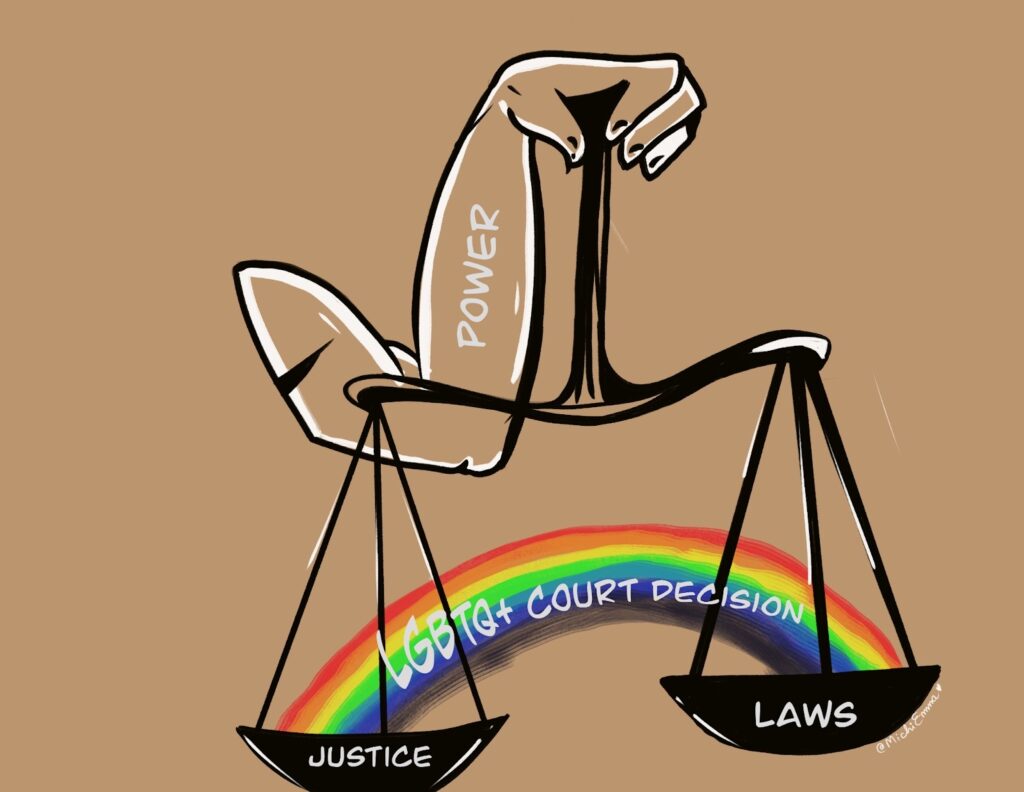Our research work
Researchers’ Republic is a network of academics from Myanmar specializing on environmental issues, land rights, labor rights, business and human rights, drugs, health, education, conflict, displacement, and gender. We collaborated to publish five reports combining academic rigor and visual on the ground information.
Our first report is about the war on information which is taking place between the pro-democracy and the pro-military side in post-coup Myanmar, what is at stake in the telecommunications sector and in term of cyber-security and how people are trying to take back the digital space by resisting repression and organising dissidence.
Our second report focuses on the coup and economic collapse as it is playing out on the ground, as it is being experienced by ordinary people in post-coup Myanmar. It is a report about lived suffering, survival and resistance.
Our third report looks at China’s use of the Covid-19 pandemic and the post-coup lawlessness to build a permanent wire fence along its border with Myanmar and the subsequent disruption of cross-border trade and local economies.
Our fourth report seeks to provide women displaced by the war in Myanmar with the opportunity to openly express their fears and needs amidst such mass displacement and rampant insecurities. It is based on extensive interviews in IDP camps in Shan, Chin, Rakhine, Kachin, Kayah and Kayin states and in Sagaing and Magway divisions.
Please read, share and comment on the academic work from our collective. Versions in Burmese are available on demand ([email protected]).
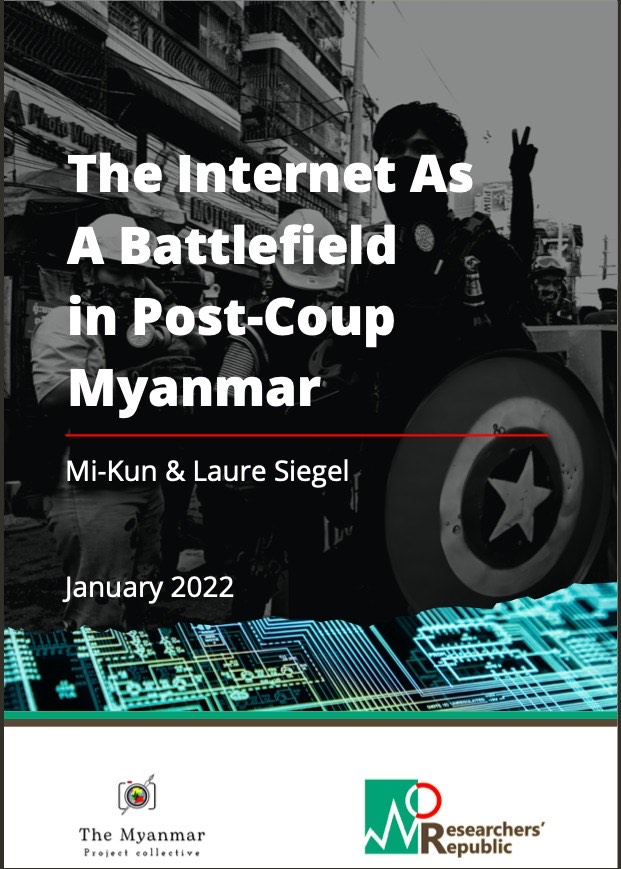
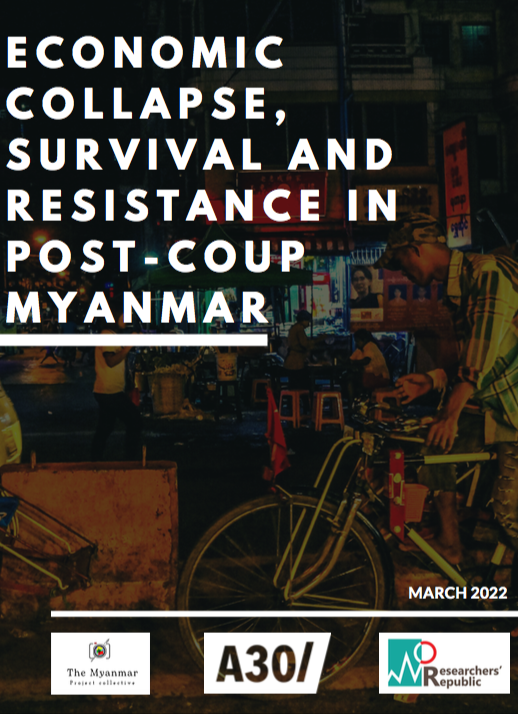
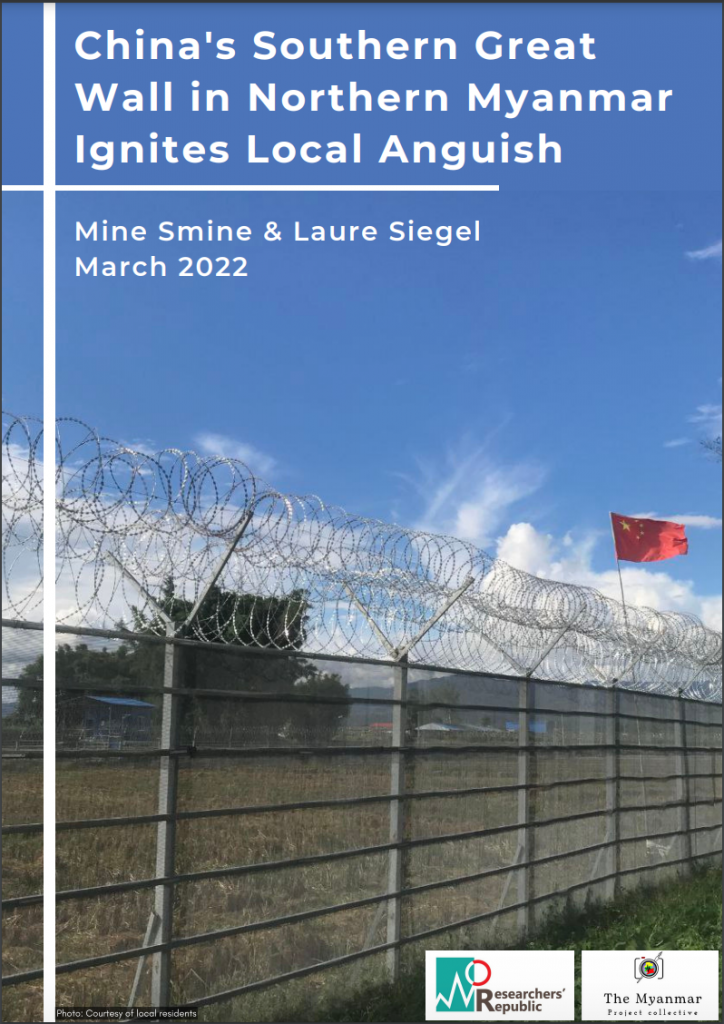
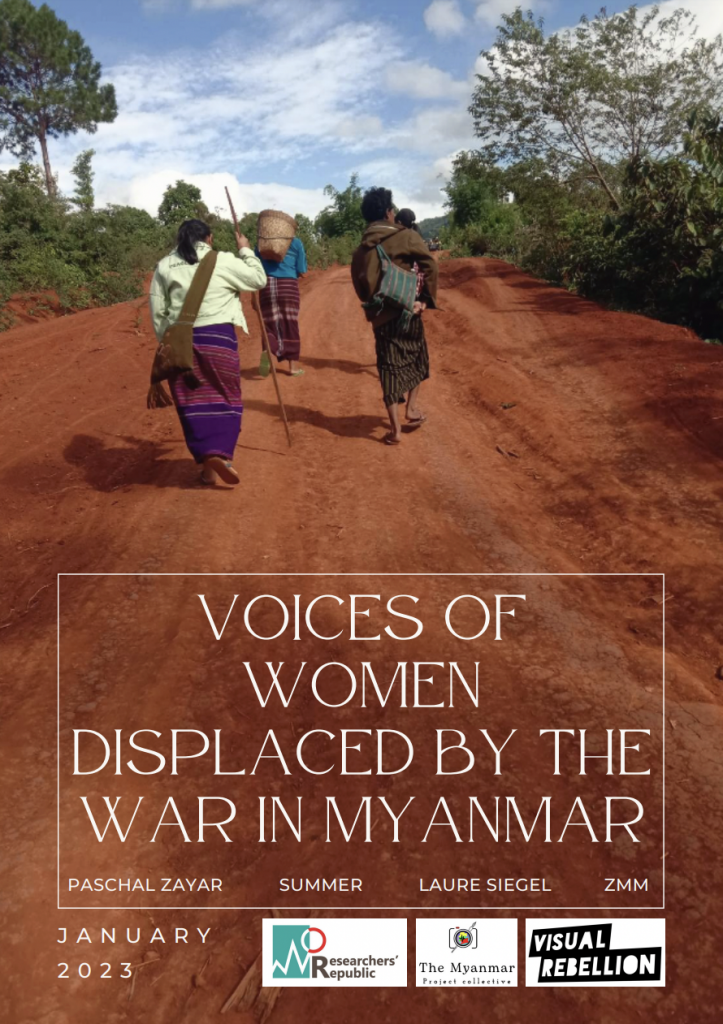
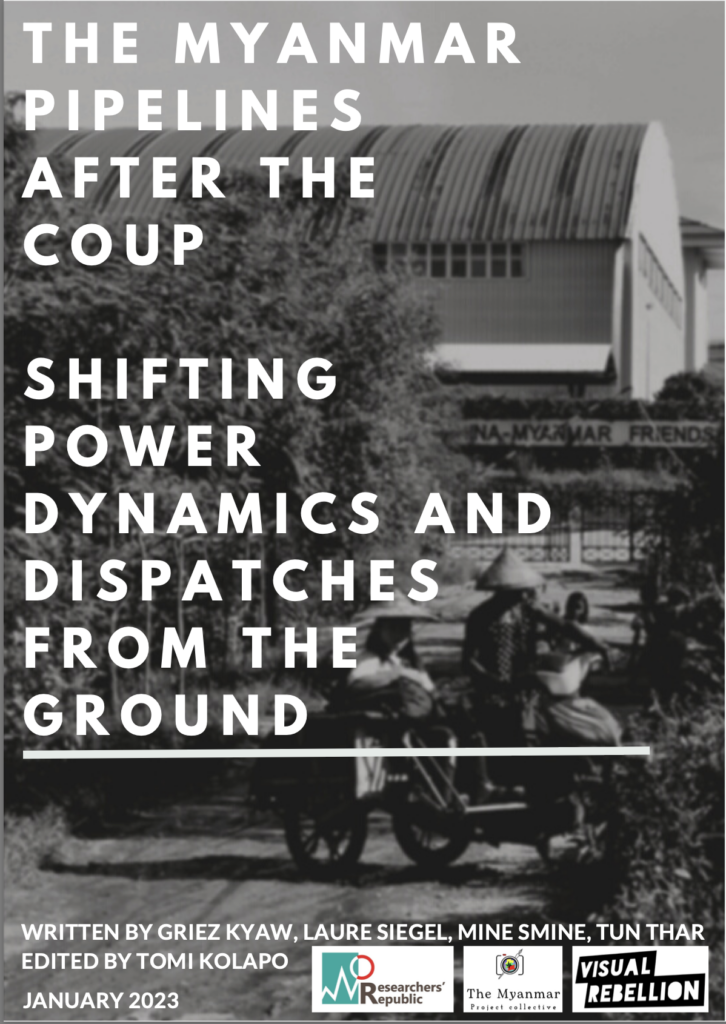
“The Palgrave Handbook of Political Norms in Southeast Asia: Overlapping Registers and Shifting Practices (2024 edition)”.
[ Portfolio: Myanmar Streets of Protest ]
“Following the February 1st, 2021, military coup in Nay Pyi Daw by General Min Aung Hlaing, Burmese photographers from the media collective Visual Rebellion Myanmar documented the first three months of street protests across the country despite high risks of arrest by junta’s forces. Their striking work highlights communities from diverse social, religious and economic backgrounds’ commitment to democratic rule, as they attempted to resist military rule peacefully by taking part in the Civil Disobedience Movement before the country entered a stage of full-blown conflict that is yet to be resolved.”
© Cover: picture of a protest in front of Salin police station by our Photographer SMR103
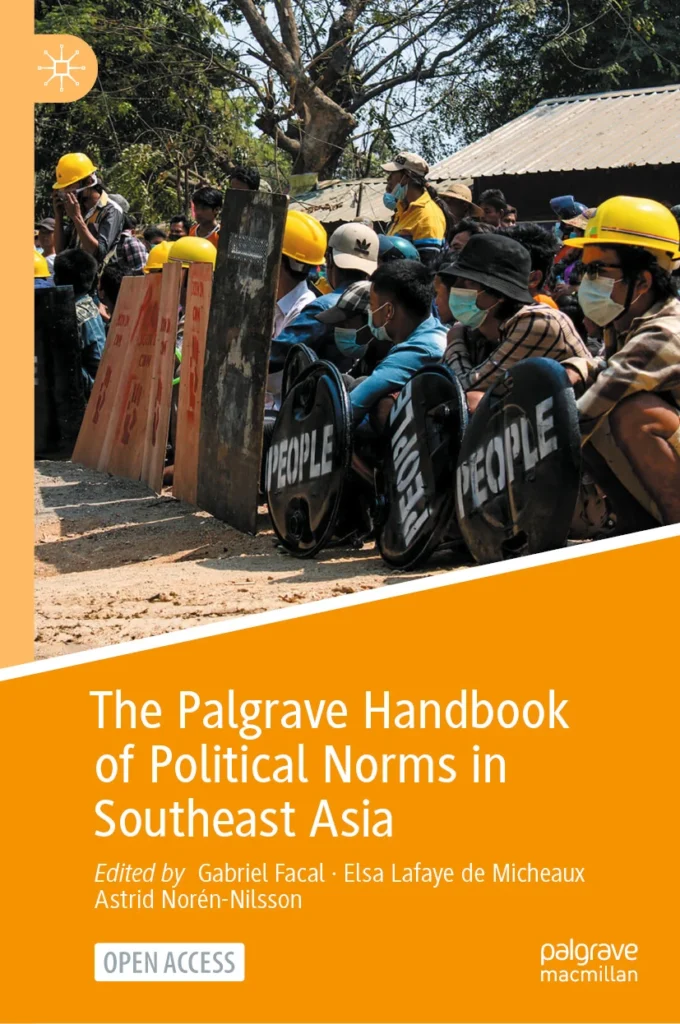
L’Asie du Sud-Est 2024 (IRASEC)
Scamming : casinos and online scams. From Filipino POGOs to Burmese compounds (in French)
Illegal scam networks originated in Taiwan in the 1990s in the form of telecommunications fraud. Over the next 30 years, they spread and developed as the Internet spread to the border regions of Southeast Asia. After China and Taiwan signed a joint legal agreement in 1998 prohibiting such activities on their territory, a first wave of Chinese entrepreneurs moved into the Philippines, Myanmar, Cambodia and Laos, taking advantage of the lack of regulation and lax rule of law in these neighboring countries. Over the past 20 years, telecommunication fraud has rapidly evolved into online scams, aided by the development of crypto-currencies and the covid-19 pandemic in which most transactional activities have become cashless.
Citizens of dozens of countries, of all ages, genders and social classes are affected at one level or another by these scams, in their bodies by forced labor and/or exploitation, in their lives by extreme punishment and/or neglect for those working directly in these companies, in their social lives by online blackmail, in their money or employment by the permanent loss of their savings. These criminal activities not only endanger the lives of hundreds of thousands of victims, but also pose a massive threat to international security. As no country can solve this problem alone, governments should work together to identify and prosecute the leaders of these companies, and strengthen the mechanisms of the financial system to control the large illegal profits.
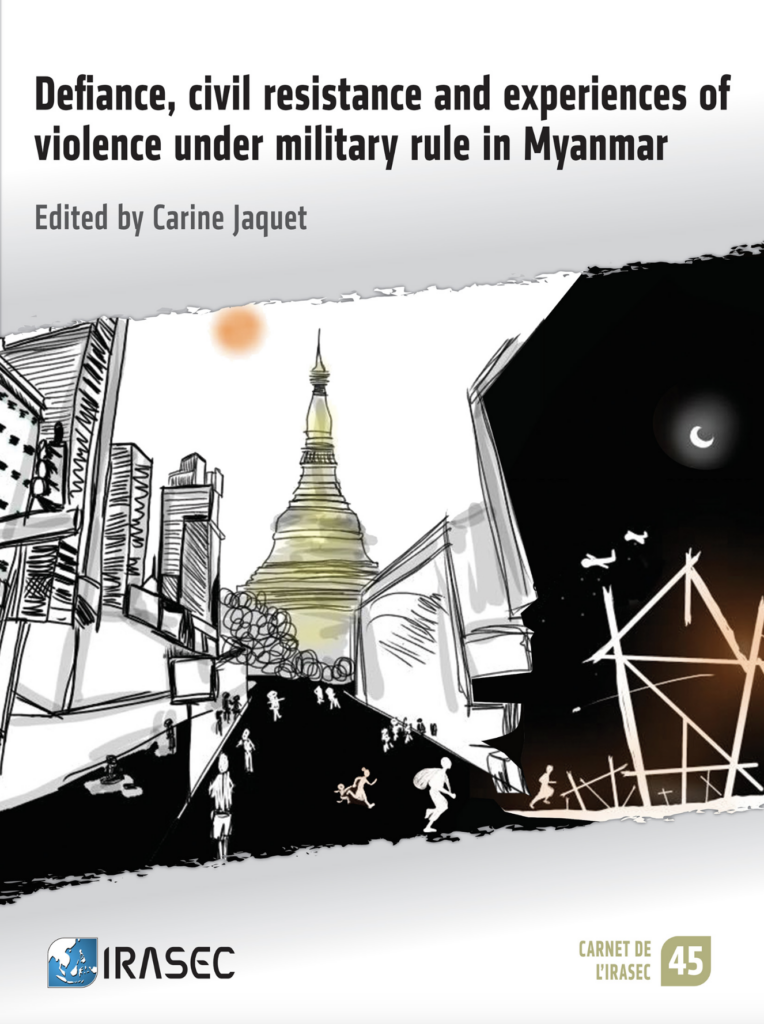
Defiance, civil resistance and experiences of violence under military rule in Myanmar (June 2024)
This book gathers a selection of eight research and visual essays to reflect on the experiences of Myanmar civilians since the coup. It also analyses the limited space left for civic engagement and the diverse shapes that the non-violent political opposition can take. Through diverse and compelling contributions, the authors shed light on emerging local regional dynamics and youth politics which have come to the fore in many resistance organisations. To visualise these complex realities, the book contains photographic and cartoon contributions to portray events through the eyes of engaged artists.
Our contributions as following:
- Chapter 1 : Myanmar Streets of Protest (February – April 2021) (Pictures by The Myanmar Project Collective / Visual Rebellion Myanmar)
- Chapter 4 : Two Years of Life in Post-Coup Myanmar (2022 – 2023) (Cartoons by Michi Emma and T.H.A / Visual Rebellion Myanmar)
- Chapter 8 : Facing Corporate Irresponsibility : Politisation and Struggle of Myanmar Garment Workers Pre- and Post-Coup (Haymarn Soe Nyunt, Pai Cheimt Khaung, Susan and Laure Siegel)
LEGAL MATTERS, RELIGIOUS MATTERS
LGBTQ+ RIGHTS IN SOUTHEAST ASIA
In Southeast Asia, disparities persist in the legal realm, particularly regarding the rights of the LGBTQ+ community and their access to fundamental civil liberties and public healthcare. Religious influences predominantly shape these disparities, which hold considerable sway over the implementation of laws in Southeast Asia. This goes for all prominent religions in the region such as Islam (Indonesia, Malaysia, and Brunei), Catholicism (the Philippines, Timor-Leste, and to a lesser extent, Singapore), and Buddhism (Thailand and Myanmar).
Despite some legal protections, the LGBTQ+ rights landscape in Southeast Asian countries is influenced by political, cultural, and religious factors, leading to practical norm variation.
Our specific findings on the challenges faced by the LGBT+ community in post-coup Myanmar were also used to inform a conference paper from the UN Special Rapporteur:
“Courage amid Crisis: Gendered impacts of the coup and the pursuit of gender equality in Myanmar”
